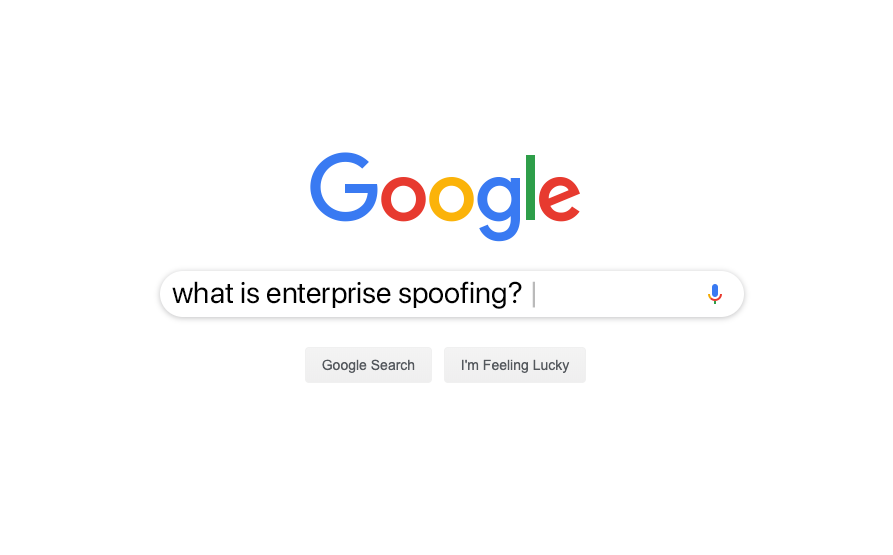Are robocalls illegal? How do scammers know my area code? And what on earth is spoofing? Are all telemarketing calls robocalls? Are spam calls and nuisance calls the same thing?
We throw around a lot of industry terms on here. Different call types can be confusing, so here are a few glossary terms to brush up on:
Spam: You’ve heard of spam emails – but what about spam calls? Unsolicited messages (especially advertising) directed at mobile phones or smartphones is considered spam. Mobile spamming is generally less pervasive than email, though we’ve seen an uptick in SMS spam in the past few years. Phone advertising is perfectly legal with the consumer’s consent; when you receive an unsolicited call or text without opting in, that’s considered illegal spam and should be reported to the FTC.
Scam: Scam calls are similar to spam in that they’re unsolicited, but are far more dangerous because the caller intends to steal money or information from the recipient. There are a number of different categories of scam calls we’ll cover here, but any call made with the intent to fraud would be considered scam and all scam calls are illegal.
Fraud: Phone fraud is the use of telecommunications products or services with the intention of illegally acquiring money. Over $2 Billion dollars are lost each year in credit card fraud, and almost $4 Billion in IRS fraud. Some common types of fraud calls include callers posing as members of the IRS, banking institutions, government grants, immigration, sweepstakes and vacation, and social security.
Nuisance: Nuisance calls encompass any type of unwanted or unsolicited telephone call. Common types include prank calls, telemarketing, and silent calls. They may also be used to initiate telephone frauds, although the initial call may not be considered fraud. Think of it as a phishing attempt, but by phone. Nuisance and Spam are often used interchangeably, where the caller may not be making a fraud attempt, but in either case, the call is unwanted by the recipient.
Spoofing: Ever get a call from a familiar-looking number, only to discover it’s likely from somewhere far, far away? It’s probably a spoofed call. Scammers like to disguise their number to trick people into picking up, and spoofing technology is a cheap way to do it. Basically, the number you see on your caller ID isn’t really the number they are calling from, but tools are available that enable them to do this, which can make it very difficult to tell the difference. Spoofing started as a legitimate resource for companies making large numbers of outbound calls so that customers would see the main contact number from the company that was making the calls, versus the direct line of the employees making the calls, ironically this was an attempt at transparency which has exploded into the number one resource for phone scammers to hide their actual phone number.
Neighbor Spoofing: Sometimes a scammer will target specific area codes to call and then spoof that same area code to make it appear that the call is coming from a familiar area. The idea is that you’ll see a number you recognize and pick it up, thinking it could be a local business or someone you know. Scammers have gotten extra savvy, buying location information from shady third parties so they can target you wherever you are, not just based on your area code. The more people they can get on the phone, the more opportunities they have to trick an unsuspecting victim.
Enterprise Spoofing: The latest trend we’ve seen in spoofing involves scammers taking stolen personal data and pretending to be trusted companies. Fraudsters take information stolen from mass data breaches to target consumers directly, impersonating legitimate companies to swindle money. In fact, 75% of victims report that scam callers had their personal information and used this to extract additional data, leading directly to a financial loss.
Imposter Scam: Any call where a scammer masquerades as a legitimate caller can be considered an imposter scam. Scammers like to pose as IRS employees, ICE agents, or “Rachel” from card services to dupe unsuspecting consumers into believing they owe money. The easiest way to tell an imposter from the real thing? They only accept payment in gift cards readily available at the grocery store cash wrap.
Robocall: Robocalls are automatically dialed calls with a prerecorded message. These calls have increased in recent years thanks to cheap technology, making it easy for robocallers to make calls from anywhere in the world while hiding their identities with spoofing. Not all robocalls are illegal, though; if you agreed to be called or opt-in to marketing with your phone number, it’s perfectly legal, prerecorded or not. Some non-marketing robocalls like political or charity are authorized by law even if they’re unwanted as well. Further to this, many notification calls you receive from your utility providers, schools, pharmacies, and other confirmation services use robocalling techniques to alert you to useful information that you have elected to receive making it increasingly difficult to simply block all robocalls.
Telemarketing: Telemarketing (or telesales for our UK friends) is a method of direct marketing where a salesperson solicits prospective customers to buy products or services over the phone. It may be annoying, but in most cases, it’s not illegal. If you don’t want to be bothered, you can register your numbers on the national Do Not Call list at no cost by calling 1-888-382-1222 (voice) or 1-866-290-4236 (TTY). You can also register your personal wireless number at donotcall.gov. This only stops the legal calls, though; scammers won’t pay attention to the rules, list or not.
Do Not Call: Speaking of, the Do Not Call Registry is a national list from the Federal Trade Commission (FTC) created to stop unwanted sales calls. It’s free to register your home or mobile number at donotcall.gov. The Registry is a list that tells telemarketers what numbers not to call, stopping sales calls from real companies. If your number is registered and you’re still getting calls, chances are it’s from a scammer ignoring the Registry.
Do Not Originate: First Orion has developed the first commercial Do Not Originate Registry (DNO) to counter business number spoofing. The DNO feature allows new and existing business registrants to designate their inbound-only lines as such, so any outbound calls made from those lines will be tagged “Scam Likely”.
STIR/SHAKEN: The Federal Communications Commission (FCC) has been encouraging the telecommunications industry to develop a solution to stop robocalls. Their response is a new technology called STIR and SHAKEN, short for Secure Telephony Identity Revisited and Secure Handling of Asserted information using toKENs. STIR/SHAKEN is a pair of network protocols that use digital certificates to ensure that calls aren’t coming from spoofed numbers. When fully adopted, authenticated numbers will be more trustworthy and the FCC will be able to track spoofers down. However, STIR/SHAKEN won’t be enough to solve the robocall problem on its own. The protocol doesn’t identify bad actors, so companies like First Orion will be integral in analyzing which calls can be trusted.
Scam Likely: T-Mobile and Metro users are familiar with this unseemly character; Scam Likely is part of a new feature powered by First Orion data. We flag known scam callers automatically so customers know when not to pick up. The service is available for both iPhone and Android users and can be enabled by dialing #664#. Likewise, #662# enables Scam Block, stopping Scam Likely from even ringing.
Branded & Verified Calls: First Orion has developed technology to make answering calls even more transparent. With our Engage technology, consumers see a branded screen stating who is calling and why when businesses try to reach them. Branded calls display rich media graphics, personalized for each customer. In addition to Engage branded call technology, First Orion offers verified calling to ensure numbers have not been spoofed. Similar to a verified check on social media, known and trusted callers are marked as safe to answer.




